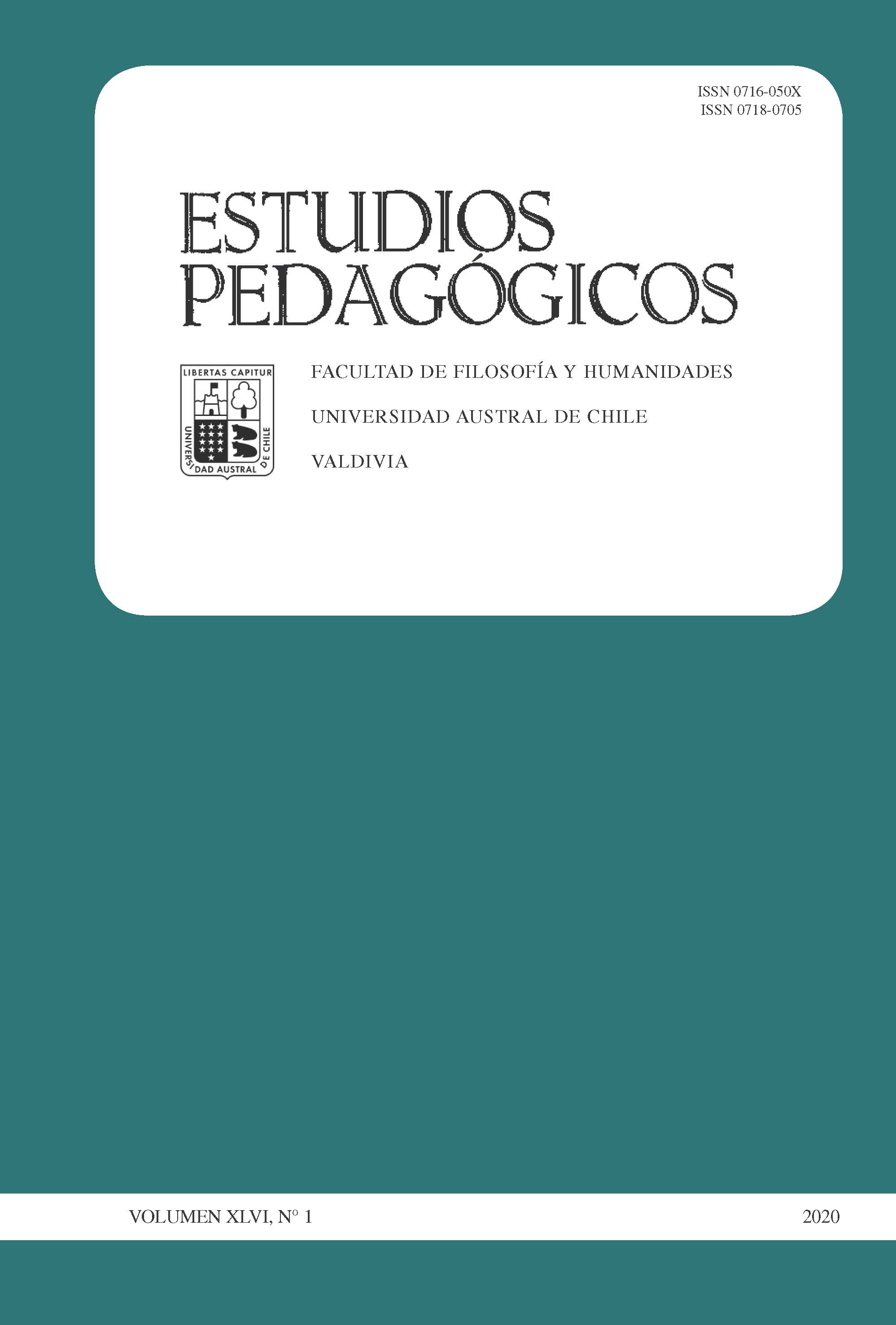Teaching practices in generic competences and national test results in Colombia
Main Article Content
Abstract
One of the difficulties faced by Higher Education Institutions in Colombia is the low results obtained by students in the national standardized tests in the different evaluated competences. The purpose was to identify teaching practices that can influence the generic competencies results for Business Administration programs in the Universidad Santiago de Cali (Colombia), using clustering analysis techniques and multilevel models. The main findings allowed establishing to incorporate different teaching practices without implying the adoption of a didactic perspective in particular. These practices are influenced by teleological, ontological and methodological determinants. The existence of institution-program fixed effects was suggested and showed that the probabilities of using included practices, as a mean characteristic of the institutions, indicate that they are not associated to academic results in these types of competences. The findings also confirmed some effects stemming from family as well as individual background on academic results.

